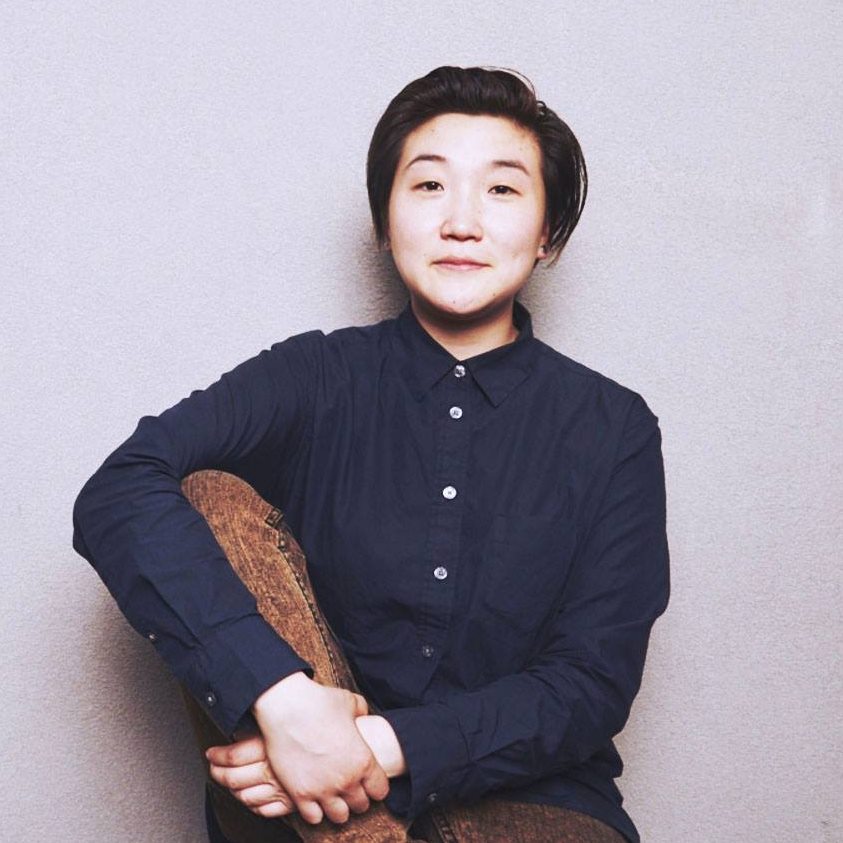
Sandy Hong, Assistant Director, Glean Network
If you’re reading this, you may already sense it: the cracks in the system are widening, and a shift is taking place—from the way things have been to ways that are still emerging, unfolding, becoming.
For generations, especially in the so-called United States, much of religion and spiritual practice has been kept inside houses of worship—led by clergy, shaped by doctrine, and structured by long-standing traditions. But today, many of us are accessing the sacred far beyond those walls. We’re finding it in mutual aid networks, grief ceremonies, protests, street choirs, art activations, nature meditations, online gatherings, and more.
Perhaps the “where” of spiritual life is changing. But the “why”—our yearnings for meaning, purpose, and genuine belonging—remains.
In a world alienated and exhausted by transactional relationships, disconnection, and zero-sum ideology, many of us are searching for ways to ground ourselves in something vastly more expansive and abundant--into each other, into the Earth, into our ancestors' wildest dreams, into the mystery that lives beyond and between us. And we are creating new ways to do it.
This is how I define Spiritual Innovation: bold and imaginative ways of re-routing and re-rooting us into the sacred.
These new pathways don’t look at all like religion or spirituality in the traditional sense. They’re often led by artists, organizers, healers, caregivers, cultural workers, the unnamed—people on the margins who are meeting the needs of their communities with spiritual depth, skill, vision, and audacity. Some draw from ancient wisdom and lineage. Others remix tradition. Still others create entirely new rituals, spaces, and practices. What they share is a desire to make the sacred more accessible, more honest, more alive. A shared reverence for the sacredness of life itself and our part to play in the story as it unfolds.
Spiritual Innovation, defined this way, holds vast potential for transformation. It invites us to reimagine not just our practices and traditions, but ourselves. It’s about shifting culture, reshaping institutions, and rethinking what Grace Lee Boggs called the “ongoing work of becoming more human.”
But this work comes with real risks.
It can be lonely. Many who pursue this path face burnout, under-resourcing, institutional pushback, and neglect. With no clear blueprint, it’s hard to know how to lead well, stay accountable, or track the impact of what’s being built. There’s the danger of cultural spiritual appropriation and unintentionally replicating harm.
And yet—this moment calls for focused, supported, fiercely compassionate leaders. Leaders who are deeply rooted. In community. In practice. In the body and spirit. In an ethos of love, justice, and liberation.
This work is inherently relational. It requires us to find and walk with the friends, companions, elders, and witnesses who can hold us—in the magnificent, the muddy, and all the space in between.
Spiritual Innovation isn’t merely about building something new to replace the old. It’s a sacred call for all of us to listen so much more closely—to the truths we are telling in our desires, in our dissent, in our dreams—and to hold those truths with reverent humility, curiosity, and fervor together.
I am grateful for the teachers and guides and the wisdom of extraordinary humans like Grace Lee Boggs, adrienne marie brown, Bayo Akomolafe, Baruch Spinoza, Kojin Karatani, Yi Sang, Ruth Wilson Gilmore, Angela Davis, Vanessa Machado de Oliveira, Klee Benally, Thich Nhat Hanh, Diana “Zaza” Oh, and so many more for inspiring me to write this now.
Read More Definitions of Spiritual Innovation
- Ristina Gooden, Spiritual innovation leader and scholar focused on Black women
- Edina Leković, Muslim thought leader and community builder
- Noosim Naimasiah, Pan-African scholar-activist
- Sid Schwarz, Jewish thought leader and convener of spiritual innovators
- Susumu Shimazono, Japanese sociologist of religion
- Cristine Takuá, Maxakali Indigenous philosopher and educator
- Brandon Vaidyanathan, Catholic sociologist and spiritual innovator

